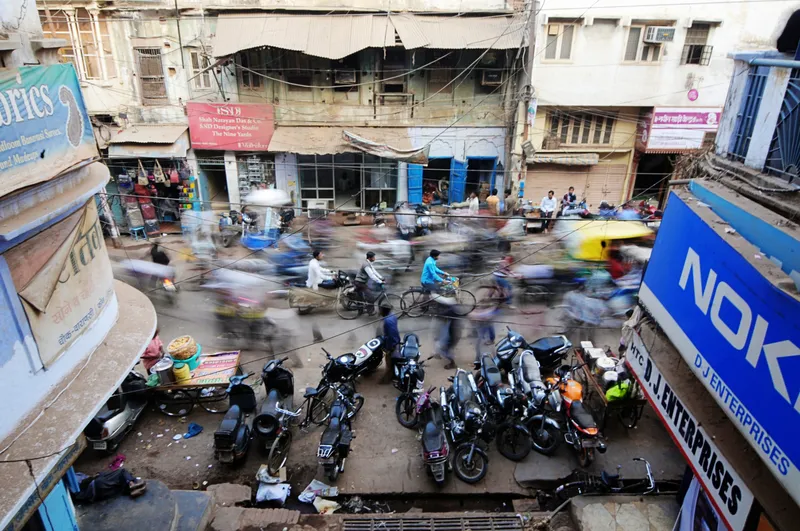The VTT Technical Research Centre of Finland is participating in the EU-funded project COMSYN, which aims to develop a production concept for competitive bio-based fuels by means of a compact gasification and synthesis process. The target reduction of the biofuel production cost is up to 35 per cent compared to alternative routes, which translates to less than 0.80 €/l production cost for diesel.
The production concept is based on the distributed primary conversion of various kind of biomass residues to intermediate liquid products at small-to-medium scale (10-50 kt/a Fischer-Tropsch products, 30–150 MW biomass) units located close to biomass resources. The Fischer-Tropsch products will be upgraded to fuels in existing central oil refineries, also bringing the benefits of economy of scale for the overall process.
The smaller scale of primary conversion lowers the risks of the investment, which has been the main bottleneck for large-scale biofuel plants. Integration of the primary conversion to local heat and power production is estimated to result in 80 per cent energy efficiency in biomass utilisation.
The COMSYN project validates the process concept from biomass gasification to final biofuel product. The gasification of biomass and the gas cleaning process are developed and piloted by VTT Technical Research Centre of Finland Ltd together with GKN Sinter Metals Filters.
The synthesis process utilises a modern intensified Fischer-Tropsch reactor by INERATEC GmbH and one of the key targets of the project is to further develop the technology for even higher syngas conversion. Refining of Fischer-Tropsch products to high quality drop-in liquid transport fuels is done at UniCRE, the Unipetrol Centre for Research and Education.
The process design, techno-economic and environmental assessments as well as market and business case studies are carried out by Amec Foster Wheeler Italiana, DLR German Aerospace Center and ÅF-Consult.
VTT participates in biofuel production technology project
The VTT Technical Research Centre of Finland is participating in the EU-funded project COMSYN, which aims to develop a production concept for competitive bio-based fuels by means of a compact gasification and synthesis process. The target reduction of the biofuel production cost is up to 35 per cent compared to alternative routes, which translates to less than 0.80 €/l production cost for diesel.
September 15, 2017
Read time: 2 mins
Related Content











